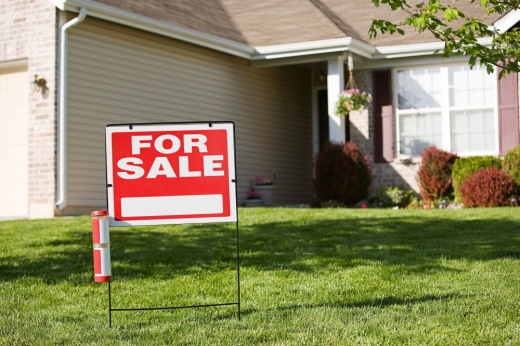Lt. Gov. Dan Patrick and House Speaker Dade Phelan announced they had reached a deal July 10. The new bills will distribute $18 billion in property tax relief to homeowners and businesses across Texas by cutting school tax rates, raising the homestead exemption and reducing taxes for small businesses.
Lawmakers are expected to send the legislation to Gov. Greg Abbott, who said he will sign it, later this week. Voters could then approve the tax cuts during the Nov. 7 election.
How we got here
Texas lawmakers could not agree on the best way to cut property taxes during the regular legislative session. The impasse extended through the first special legislative session of the year, which ended in late June.
Abbott immediately called a second special session, during which lawmakers can only pass bills to reduce property taxes.
State leaders negotiated the details of the new plan behind closed doors. Patrick said he was proud of the agreement, which “may have taken overtime, but the process has produced a great bill for homeowners and businesses.”
Who would benefit?
Lawmakers set aside $12.7 billion to “compress,” or reduce, school property tax rates. Senate Bill 2 would cut school district maintenance and operations taxes, which make up the majority of a homeowner’s tax bill, by nearly 24%, according to the bill’s author, Sen. Paul Bettencourt, R-Houston.
Schools would receive state funds to ensure they do not lose money as property tax rates fall.
The bill also would raise the homestead exemption, or the portion of a home’s value that cannot be taxed, from $40,000 to $100,000.
Bettencourt said the owner of an average home—which is worth around $331,000—would save at least $1,266 on this year’s property tax bill and $1,312 in 2024. That results in over $2,500 in savings, while seniors and people with disabilities could save nearly $3,000.
Savings would vary across school districts, which have their own tax rates. But all of Texas’ 5.7 million homeowners would benefit, lawmakers said.
Increasing the homestead exemption was a top priority for the Texas Senate throughout the regular and first special sessions. House lawmakers pushed for more relief for businesses and tighter caps on annual appraisals.
For commercial property worth up to $5 million, SB 2 would prevent its taxable value from increasing by more than 20%. The cap would be in effect through 2026, when lawmakers could choose to end or extend it.
“This limit will provide stability for small- and medium-sized businesses that have struggled with double- and triple-digit increases the last few years,” said Rep. Morgan Meyer, R-University Park, during a committee meeting.
Lawmakers also filed SB 3, which would raise the state franchise tax exemption. If the bill becomes law, roughly 67,000 businesses that make less than $2.47 million per year would not have to pay the tax.
According to the Legislative Budget Board, small-business owners would collectively save about $300,000 annually.
“This is my 29th year serving, and this is one of the biggest [bills] we’ll probably ever pass,” said Rep. Richard Peña Raymond, D-Laredo. “This is something that I think all of us have wanted to do for a long time. There is no bill that is perfect, but this one’s pretty damn good.”
What’s next?
If the bills are approved by the Texas Legislature and the governor, the final decision will lie in the hands of voters in November.
House Joint Resolution 2 by Rep. Will Metcalf, R-Conroe, would amend the Texas Constitution to reduce school tax rates and increase the homestead exemption. All constitutional amendments must be approved by voters.





